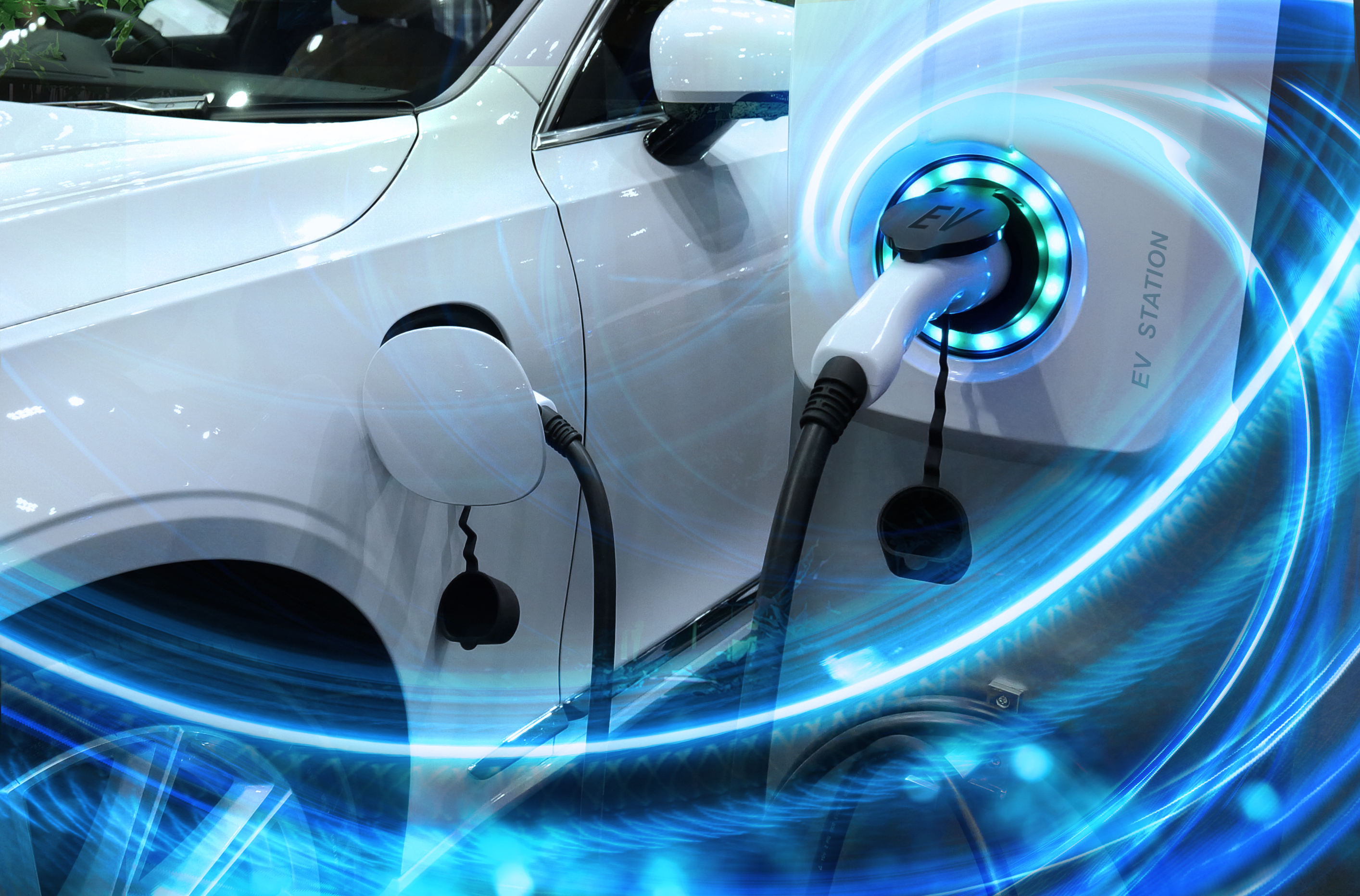Hexagon Research Reveals Automakers Risk Being Overtaken by New Digital-native EV Manufacturers

Stockholm, Sweden – Wards Intelligence research for Hexagon’s Manufacturing Intelligence division reveals that traditional carmakers are not prioritizing the adoption of ‘industry4.0’ processes, putting them at risk of being overtaken by new market entrants.
Big Tech and unicorn start-ups from Silicon Valley, the UK, and China are disrupting the electric vehicle (EV) market with advanced digitalization and automation capabilities, reducing time-to-market from years to as little as three months. The EV market is projected to soar to global sales of 34.7 million by 2030, and OEMs must match the disruptors’ pace of innovation to participate. Despite this, only 48 percent of the auto industry reports that they intend to invest more in the types of Smart Manufacturing strategies used by their competitors, while 25 percent of the industry has no plans.
Low EV order volumes aid in the new players’ ability to quickly overtake scale as the most important factor in automotive manufacturing. This leaves conventional carmakers vulnerable to electronics companies such as Foxconn and Huawei. These companies are used to rapid innovation cycles and face low barriers because consumers expect more integrated digital technologies, new car designs that render up to 90 percent of automotive parts from existing ICE vehicles redundant, and strategies that are less reliant on current supply chains and mass-manufacturing plants. The research finds that only 8 percent of carmakers consider pure-play EV manufacturers a threat, although Tesla is already the market leader for battery electric vehicles (BEVs), and companies like Lucid are rapidly scaling up with vertically-integrated EV production.
The data, on the other hand, reveals a disparity in larger OEMs’ equivalent progress toward digital transformation. While there has been a surge in interest in ‘smart’ automotive manufacturing, the study shows that understanding its value is not always matched by the implementation. Instead, the data reveals that the industry sees sourcing the required volume of parts and the inability to achieve economies of scale as the greatest perceived risk to the success of EV supply chains.
Overall, the data shows that there is growing interest in smart manufacturing approaches that use pervasive connectivity, cloud and edge computing, as well as momentum in data analytics, AI, and robotics, indicating that the industry is on the verge of unprecedented change, with a wide range of ideas and maturity levels on the road to Industry 4.0. The convergence of these additional technologies will contribute as an adoption catalyst, with OEMs and their supply chains trying to adapt to this change as they evolve with the market. Wards Intelligence's white paper for Hexagon, THE ELECTRIC VEHICLE PIVOT, provides insight and analysis based on research and survey data on the evolving automotive supply chain and the emergence of smart manufacturing in conjunction with the escalating shift to electric vehicles (EV).
Stressing on the findings and stating that need to make EVs more affordable means traditional high volume manufacturing lines must be replaced, which can only be resolved through vertical integration of the development and manufacturing processes, requiring a cultural shift to match the technology investments, Paolo Guglielmini, President, Hexagon’s Manufacturing Intelligence division, elaborated, “Traditional automotive manufacturing business models are being reconfigured to prioritize flexibility over process, empowering people with more integrated processes and greater automation. Digital design and manufacturing approaches are key to agility and are a large part of the reason digital-natives are making waves in the market. The big OEMs are not standing still – we are seeing incredible innovation by companies that are having to overhaul their global operations at a rate of knots – but they need to embrace continuous improvement processes and revisit the degree and type of collaboration they have with their suppliers to ensure they come out on the winning side of the electric vehicle pivot.”
Image Source: Magic Wand Media Inc



 Facebook
Facebook.png) Twitter
Twitter Linkedin
Linkedin Subscribe
Subscribe